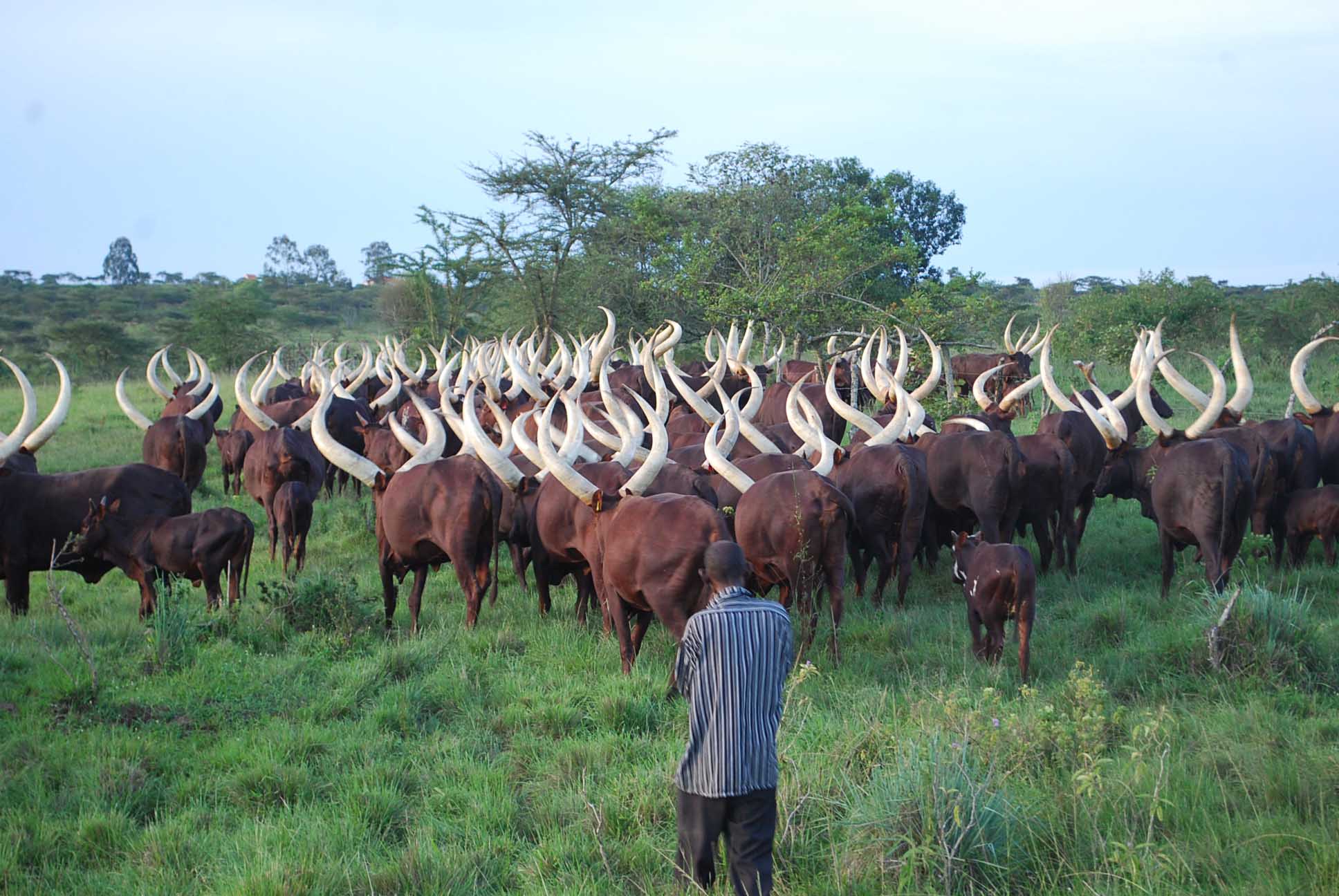Prime
Inside failed efforts to restore Ankole Kingdom

The main gate leading to the renovated Mugaba Palace in Mbarara City. PHOTO/FELIX AINEBYOONA
What you need to know:
- The agitators of the kingdom under the Nkore Cultural Trust (NCT) in 1993 spearheaded a secret campaign to install Prince John Barigye as a king of Ankole, which was blocked by government.
Since coming into power in 1986, the government has restored nearly all kingdoms and cultural institutions in different parts of the country with the exception of Ankole.
Since then, many Ankole Kingdom enthusiasts have appealed for its restoration in vain.
The agitators of the kingdom under the Nkore Cultural Trust (NCT) in 1993 spearheaded a secret campaign to install Prince John Barigye as a king of Ankole, which was blocked by government.
The kingdom palace known as Mugaba was for long left abandoned and even later encroached on by squatters.
However, in 2018, the government embarked on the renovation of the palace, which gave Banyankore hope that one day the kingdom will be restored.
Enthusiasts believe that theories, which have been fronted to block the restoration processes of kingdom, are not true.
Mr William Katatumba, the prime minister (Enganzi) of Ankole and the chairperson of NCT, says they have not given up on the kingdom restoration demands.
“The kingdom restoration has overwhelming support but it is opposed by a few vocal voices in government. The main challenge is lack of facilitation to do sensitisation and mobilisation of our people to demand for the kingdom but also prove wrong those opposed to restoration,” he says.
He says Ankole is missing out on many opportunities that would have transformed its people under a kingdom.
“The kingdom played a big role in the social-economic transformation of our people, in education it provided bursaries, supported health, food security, and environmental conservation,” he says.
“The kingdom was the foundation of the family, if you see domestic violence and family breakups, it is because we lack a cultural institution,” Mr Katatumba adds.
Ms Efrance Bwesharire, a resident of Kyakabunga in Nyasharara, Nyabushozi County in Kiruhura District, says it is unfair for the government to restore others kingdoms and block Ankole.
“We have seen tiny kingdoms that never existed in Uganda being recognised, if the contest is about two tribes, those in favour and not in favour let the government give the kingdom to those who wish to have it,” she says.
“But we hear people saying two kings can’t co-exist, we don’t know which king we have now when the kingdom is not yet restored,” she adds.
However, Mr Protazio Agasirwe, a resident of Nyabubare, Kajara County in Ntungamo District, says reviving the kingdom now is unnecessary, adding that people should instead concentrate on development.
“If you look at Ankole, is it underdeveloped because we don’t have a kingdom? No, this is because we are more united and left issues to do with kingship to concentrate on development,” he says.
Mr Agasirwe says in the past, Ankole Kingdom suffered due to historical differences between Bahima (cattle keepers) and Bairu (agriculturalists), which, he says, have reduced and the two groups are living in harmony.
Mr Apollo Mabati, an opinion leader and senior presidential adviser on veteran affairs, says Banyankore concentrated on politics and neglected matters culture.
“I think politics has stifled Ankole Kingdom demands, some of the people here view some politicians as their kings, for example the President. They see hope and vision in them and seem to have left things to do with culture and concentrated on development,” he says.
“Those in favour of the restoration of the Ankole kingdom have not sensitised and convinced those against the restoration to gain support, and I think one of the problems has been funding,” he adds.
Mr Aaron Turahi, the chairperson of Isingiro District, says the restoration process has been frustrated by politicians in the region.
“We are losing as Banyankore for not having our kingdom restored, the kingdom comes with funding from the central government. This brings development in our areas, there are scholarships but also cultural norms and traditions play a big role in social-economic transformation,” he says.
Mbarara District chairperson Didas Tabaro, also a member of the Engabo Za Ankole (Ankole kingdom youth), says they have not given up on the demand for restoration of the kingdom.
“The truth is that our leaders (the Nkore Cultural Trust) have grown old and lack the energy and determination to push for the kingdom’s restoration demand. We have a plan for transition, we are working to see the young generation take on the mantle for pushing for Ankole Kingdom restoration demands,” he says.
The public relations officer at the Ministry of Gender, Mr Frank Mugabe, had not responded to our repeated calls by press time.
BACKGROUND
Failure to have the kingdom restored has not gone without drama. For example in 2017, one Umar Asiimwe declared himself the king of Ankore and with his supporters held a coronation ceremony at Itaaba in Rwampara after police had stopped the same at Kakyeeka stadium.
He was later arrested by police and aligned in court. He was also ordered to stop his activities.




